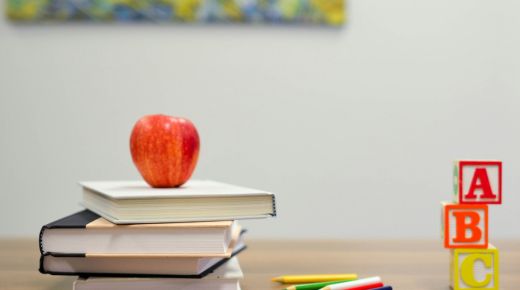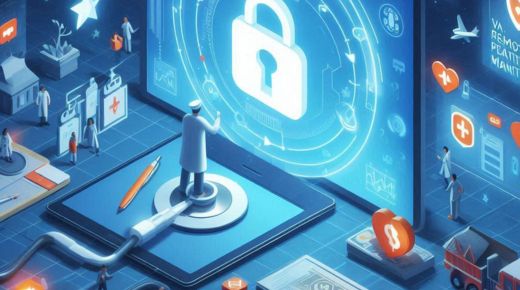Early childhood education sets the stage for lifelong learning and success. The experiences children have in these formative years play a crucial role in shaping their development. High-quality early childhood programs provide a rich environment for children to grow, explore, and thrive. By nurturing curiosity and creativity, these programs lay a solid foundation for academic achievement. Additionally, they foster social skills and emotional intelligence, which are essential for personal and professional success.
Discovering the Joy of Learning
The Importance of Play
Play is a vital component of childhood education, serving as both a tool for learning and a way for children to express themselves. Through imaginative games and creative activities, kids develop critical skills such as problem-solving, communication, and cooperation. Take blocks or building sets, for example; while they seem like just toys, they teach kids the basics of geometry and encourage teamwork.
An Inspirational Approach
An exemplary model of effective childhood education is found in programs that nurture each child’s curiosity and love for learning. Incorporating a diverse set of learning tools ensures that all students are reached and engaged in a meaningful way. For example, Northern Lights Preschool & Child Care creates a play-based environment where a variety of hands-on activities help children engage dynamically with new ideas.
This approach emphasizes individual growth and celebrates the unique strengths of each child. By fostering an inclusive and supportive environment, educators can inspire a lifelong passion for learning and empower children to explore their fullest potential with confidence.
The Role of Teachers
Dedicated Guides
Teachers in early education are more than just instructors—they are guides who support each child’s journey of discovery. With patience and creativity, they help children navigate new ideas and challenges, encouraging them to be inquisitive and confident. A welcoming smile or encouraging word can leave a lasting impact, fostering a love of learning that continues into adulthood.
Building Trusting Relationships
The bond between teacher and student is crucial in early childhood settings. A trusted teacher provides a safe space for children to take risks and make mistakes, knowing that they will be supported and encouraged. This nurturing environment is what allows kids to experiment and learn from their experiences.
The Social and Emotional Connection
Developing Interpersonal Skills
In early education, children learn how to interact with peers—a fundamental skill for later life. Whether they are sharing toys, resolving conflicts, or working together on a project, these interactions lay the groundwork for essential social skills. Learning to empathize with others’ feelings and perspectives is a significant part of this process, helping children build strong, lasting friendships.
Encouraging Emotional Growth
Emotional development goes hand in hand with social learning. In a supportive classroom, children are taught to recognize and manage their emotions. Simple activities like group storytime can introduce new emotions through characters, helping kids to identify and understand their own feelings in similar situations.
Cultivating a Lifelong Love for Learning
Creating a positive early experience with education is critical to instilling a lifelong passion for learning. When children associate school with exciting discoveries and personal achievements, they become more enthusiastic learners. This enthusiasm is key as they progress through different educational milestones, ensuring they remain motivated and resilient in the face of challenges.
Family Involvement and Support
The Home-School Partnership
Strong links between home and school can enhance a child’s educational experience. Parents who take an active role in their child’s early education demonstrate the value of learning, reinforcing lessons taught in school. Simple acts like reading together at home or discussing the day’s events can strengthen this partnership, supporting the child’s development on multiple levels.
Community and Resources
Families are also part of a larger community that plays a role in education. Libraries, museums, and community centers offer learning experiences outside the classroom, broadening children’s horizons. By engaging with these resources, parents can further enrich their child’s educational journey.
In conclusion, early childhood education is the building block of a child’s future. Through engaging programs, dedicated teachers, and active parental involvement, children are better equipped to tackle life’s adventures. By fostering a nurturing environment where play and learning go hand in hand, we prepare our youngest learners to become thoughtful, capable citizens. Let’s cherish and invest in these crucial early years, as they are the seeds of lifelong success.





